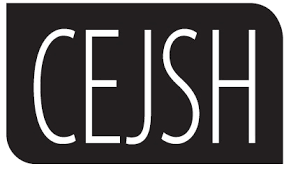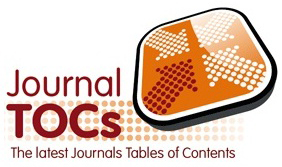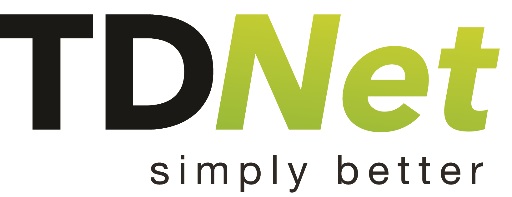Relevant Problems of the Correlation Between the Concept and Content of the Right to Freedom of Conscience and Religion
Abstract
The right to freedom of conscience and religion is a fundamental natural right, which is enshrined in international legal acts and acts of national legislation. At the same time, the different regulation of the mentioned right in distinct acts attracts attention. Variations include the "right to freedom of thought, conscience and religion", "the right to freedom of conscience and confession" etc. This article analyzes all cases of terminological regulation of the right to freedom of conscience and religion. The content of each of the categories is analyzed, due to which the concept of the right to freedom of conscience and religion is defined and a clear distinction is made between each of the categories. Along with this, the interaction of the content and the concept of the right to freedom of conscience and religion is established. Based on the research conducted within the article, the most successful concept for expressing the content of the right to freedom of conscience and religion is determined. The article also analyzes the rulings of the European Court of Human Rights on the vision of the content and concept of the right to freedom of conscience and religion.





















